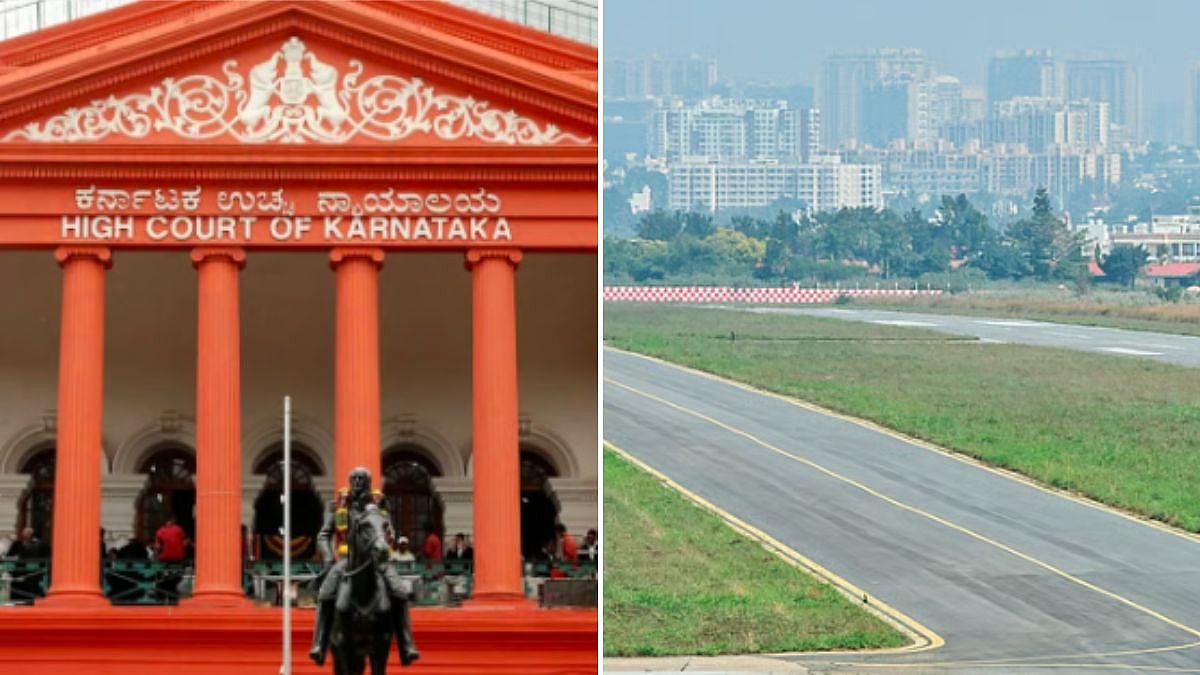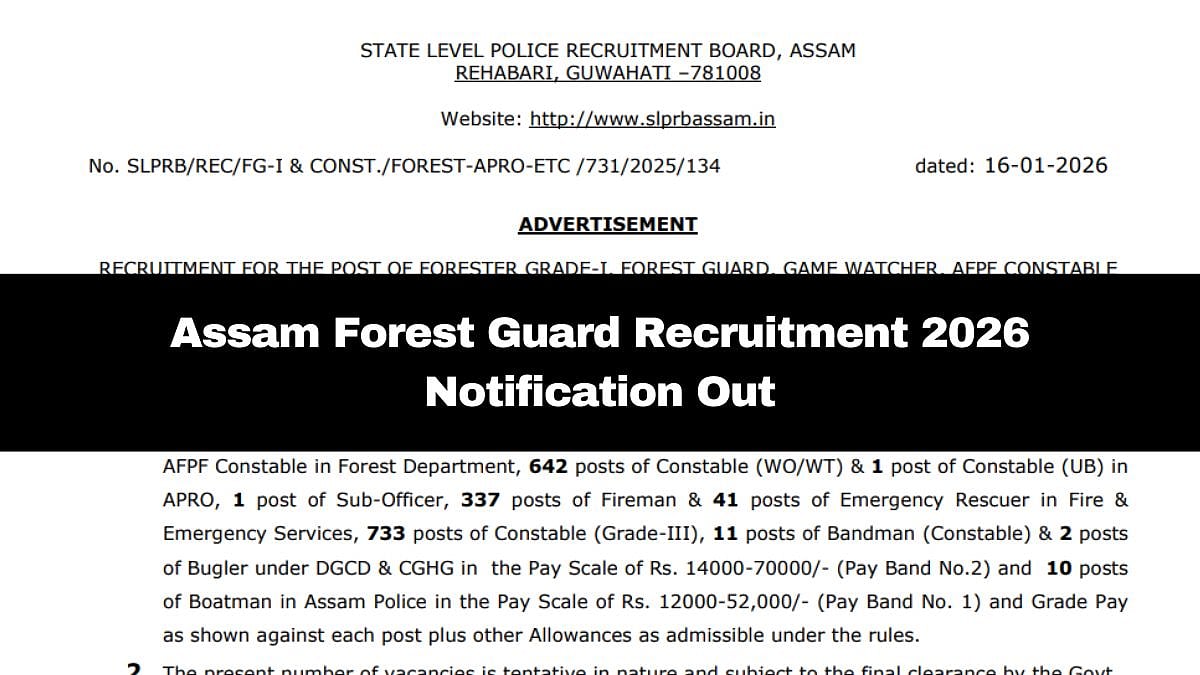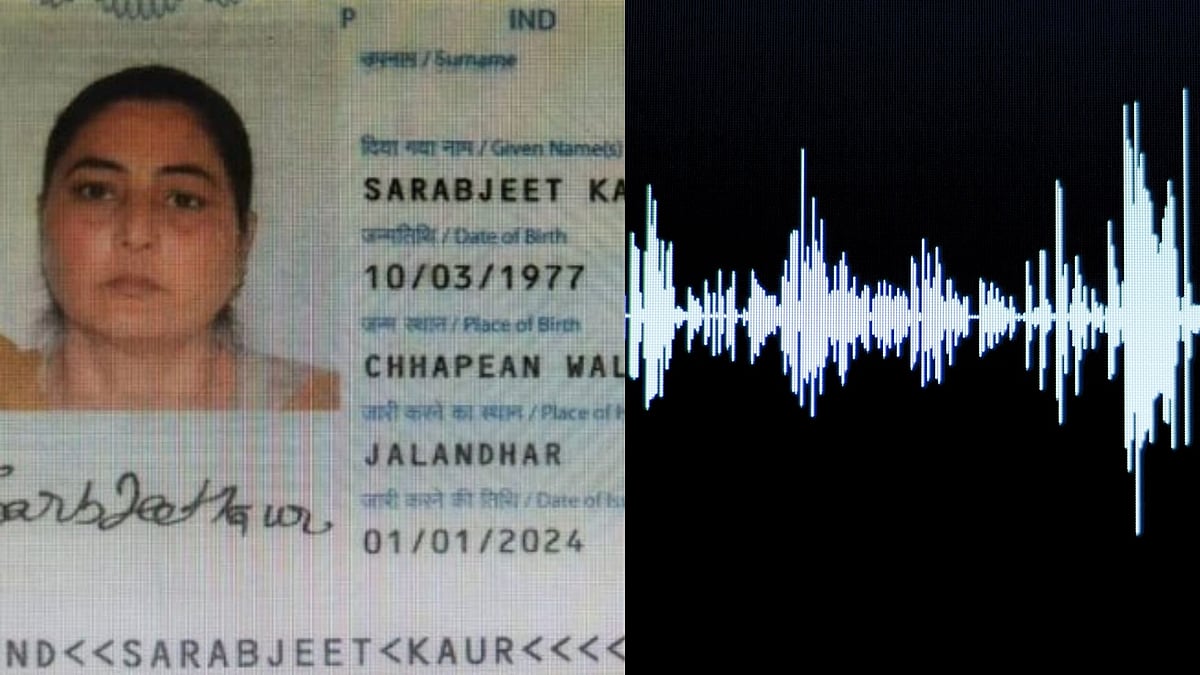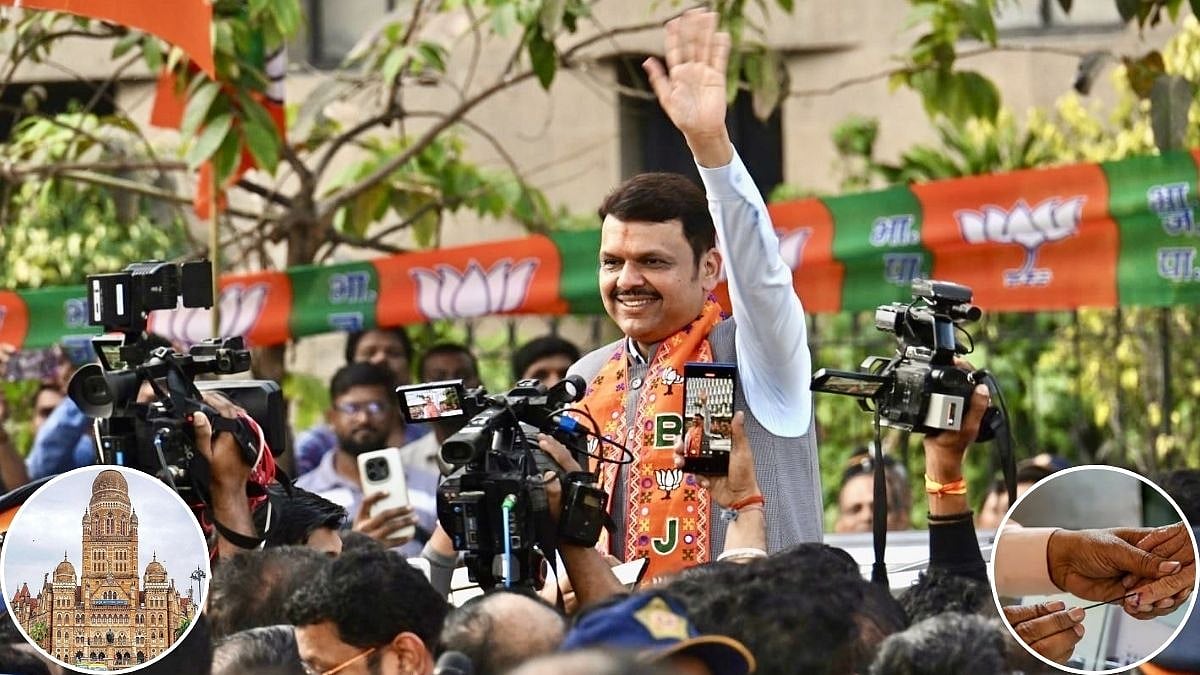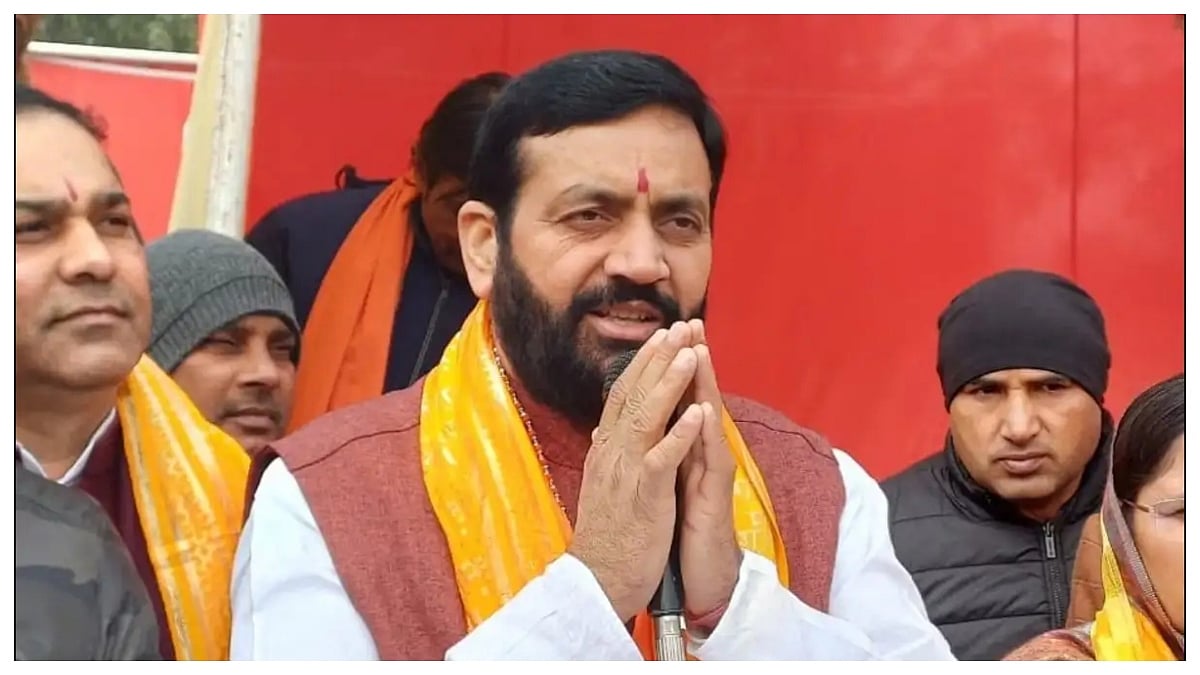Internet has changed the way we view world events. At 5 am last Friday morning I woke up bleary-eyed and staggered down to my study to tune my quaint internet radio to BBC Radio4 to hear the results of the United Kingdom’s Brexit referendum. In the past, sitting in Delhi, I would have had to tune in to a crackling BBC World Service on Short Wave and hope that a service meant for overseas listeners didn’t ration the rich local details that are so essential in understanding a foreign country. In any case, being slightly old-fashioned, I have always preferred a radio commentary to TV— except for Test cricket where I have the TV broadcast on mute and the radio commentary for audio.
THE referendum, it has been said, brought out the ugly side of Britain and created irreparable wounds. Maybe it also brought out the inner resilience of a people that chose to journey into a perilous unknown. To me, however, it revealed that intolerance isn’t the virtue of the drunken lout waving a Union Jack; I saw it among the genteel, wine-drinking, Guardian-reading Londoner cosmopolitan whose heart bleeds for Darfur but who would rather disenfranchise the awkward pensioner.
Nor was my delight at experiencing the results exactly as those in the UK did limited to the radio. After the stuttering of the bewildered pundits and journalists post the Sunderland declaration made it clear that the results weren’t likely to correspond with what my merchant banker friends had forecast, I had an interesting time scrolling through the Twitter reactions of those I follow (and they include a lot of people I know either personally or by reputation). By the time I had a late breakfast, I could even read the web version (alas it needs a subscription) of a special 5am edition of my preferred British paper, predictably the Daily Telegraph. In short, technology (but particularly the internet) had made it possible to personally experience the referendum in the same way as my domiciled British friends — minus the gallons of beer that usually accompany such an occasion.
The reason for this extended prologue is merely to highlight something quite obvious: technology has negated physical distances considerably and made information flows truly global. People act and respond locally to situations but it is now possible to gauge quite accurately their reasons for doing so. In other words, the excuse that an entire community of analysts and pundits got the results of the referendum all wrong because they were unduly influenced by how London or for that matter Oxford, Cambridge and Brighton voted strikes me as being feeble. It is more likely that the outcome of the referendum was misread because people chose to hear only what they wanted. Rather, they lived in echo chambers where Groupthink prevails and where the like-minded only converse with each other.
This may also explain the hysterical over-reaction of those disappointed or dejected by the referendum outcome.
A large part of the extreme volatility of the global financial markets was caused, in my opinion, not because of a real fear that the British had voted themselves into bankruptcy. In any case, the British currency was insulated from the Eurozone because successive British governments had not been convinced that the Euro was such a good idea to begin with. The markets went into free fall because the analysts were reacting in panic to their own colossal misjudgements. And this misjudgement was also occasioned by the opinion pollsters who probably cut corners and focussed disproportionately on the few big cities and overlooked the intensity of anti-EU sentiment elsewhere. The outcome of the referendum was decided by the votes of the less well-off, the elderly and the non-graduates: the proverbial forgotten people.
In marketing terms, this section doesn’t constitute the target audience of most consumer goods companies. But in a democracy, the value of a vote cast by a simpleton working as a farm labourer in Cornwall is equal to that of a successful hi-tech entrepreneur earning millions and commuting bi-weekly to Paris on the Eurostar.
Indeed, the post-Brexit outrage of the beautiful people seemed to be essentially focussed on the iniquity of a football-crazy dullard in a decaying Northern town having the same right as ‘people like us.’ Never before have I experienced responsible individuals describe an entire country as ‘morons’ or advocate imposing a maximum voting age. Yet this is precisely the reaction that followed the clear No victory. Some people may not like the outcome — and they have a right to. But as Charles Moore (author of Margaret Thatcher’s biography) wrote last Friday: “More people—17,410,742—voted Leave on Thursday than have ever voted for anything in British history.”
In the past, democracy and the electoral system was attacked for granting power to political parties that had secured less than 40 per cent of the popular vote. We saw a lot of this in India after May 16, 2014 when the BJP under Narendra Modi was voted into power. Now we are told that the referendum was a bad and needless idea to begin with and that consulting people is a sign of bad political leadership. In other words, it is best to repose faith in the intrusive bureaucrats in Brussels rather than ask the man/woman in Sheffield or Portsmouth what he/she preferred. When democracy doesn’t correspond to ‘enlightened’ thinking, change the goalposts. Or better still form a separate city state where only the like-minded reside.
The referendum, it has been said, brought out the ugly side of Britain and created irreparable wounds. Maybe it also brought out the inner resilience of a people that chose to journey into a perilous unknown. To me, however, it revealed that intolerance isn’t the virtue of the drunken lout waving a Union Jack; I saw it among the genteel, wine-drinking, Guardian-reading Londoner cosmopolitan whose heart bleeds for Darfur but who would rather disenfranchise the awkward pensioner.
The referendum was a great learning experience.

